Everybody should learn the basics of personal finance, from budgeting and investing, to debt management and insurance. Why? Because being financially educated helps you in times of financial struggle and also teaches you how to build wealth for a more secure, comfortable life.
Besides, monetary literacy shows you where to place your hard-earned money, whether you’re looking to save, invest, or even to buy a property. Look at this. Rich people are rich because they make smart decisions with their money. For instance, they don’t buy cars but lease them and charge the expenses to their companies.
So, having a firm grasp in this matter is a must.
If you get a pay raise, ditch your debts first, create an emergency fund, and then invest.
Let’s be honest. You buy a pile of stuff you don’t need, from fast-fashion garments to snacks. The aim is to be debt-free and have several sources of income. The worst case scenario is living paycheck to paycheck. You must wake up from that nightmare.
Today’s Focus of Attention is reader-supported. We sometimes include products we think are useful for our readers. If you buy through links on this page, we may earn a small commission.
Be Smart With Your Cash
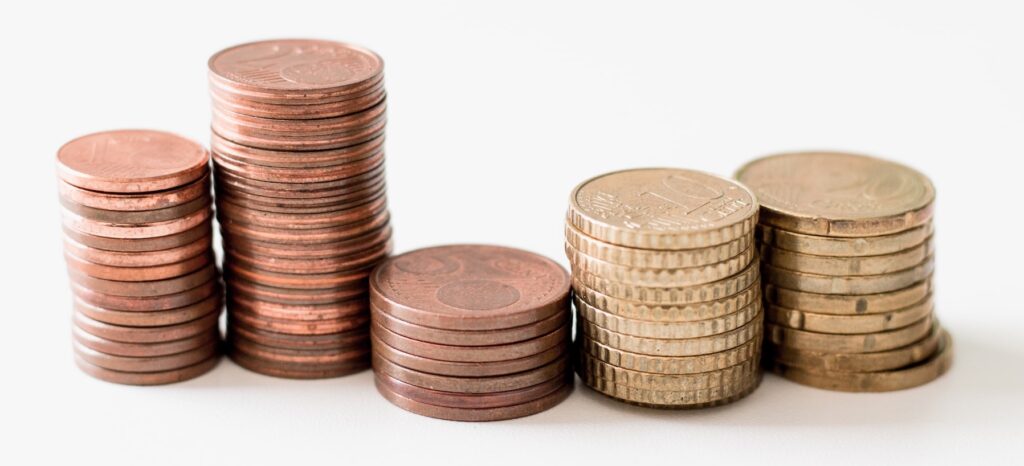
Do you remember what happened in 2020? All of a sudden, the pandemic started and shut everything down: factories, restaurants, gyms, malls, offices. Millions were laid off.
You cannot let yourself be caught off guard again.
For that, you must develop good financial habits. Bad practices equal an ocean of debts.
The point of this article is to show you the fundamentals of personal finance: budgeting, emergency funds, and long-term planning, plus an insight into helpful resources for being debt-free.
What is Personal Finance?
It is the planning and management of your personal financial activities, including income, spending, saving, and investing.

Income
The cash flow you receive from your salaries, hourly wages, or pension dividends.
Spending
All the expenses you incur such as mortgage payment, rent, food, taxes, services, entertainment, travel, and of course the sempiternal credit card payments.
Savings
The surplus between your income and your expenses: physical cash, savings bank accounts, money market, and securities.
Investing
Purchase of assets that might give you a return over time. For example, stocks, mutual funds, real estate, bonds, commodities, gold, and art.
Protection
Products that safeguard yourself against adverse events, including health and life assurances, wealth management, and estate planning.
10 Tips to Become Debt Free
Revamp your finances and save yourself from a financial catastrophe with these 10 tips.
Tip #1 Review Your Subscriptions

Examine all your automatic payments, such as those for streaming, apps, shipping, and phones. After that, calculate how much you pay for all of them each month and multiply by 12.
Which of these recurring payments is really necessary? Which of them are you able to reduce? Is there any value in keeping any?
Consider the value of every penny leaving your wallet.
Tip #2 Food Expenses
This is one of the biggest, so you need to control yourself. Choose wisely.
If you have room, buy in bulk. Order online if going to the supermarket involves high petrol costs and paying for parking. Do the math.
Buy groceries after breakfast or lunch; never when you’re hungry, or you’ll end up buying more things than necessary.
And be careful with minor items like snacks and sweets. They hurt your budget.
Another key point is to limit your outings. Do you eat out once a week? Well, change to once a month or stop until you are debt-free.

Tip #3 Pay Off Your Debts
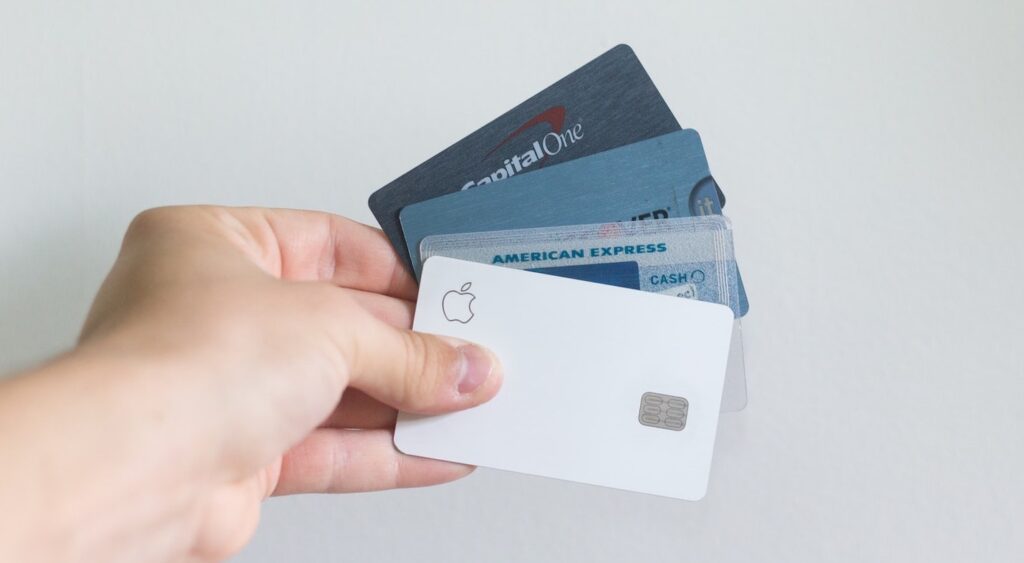
Direct your energies, resources, and effort towards paying off your debts. Credit cards are the worst. They are like petty demons telling you ‘buy now and pay later.’ Don’t listen to them. Have credit cards for emergencies only.
Experts say you should clear out biggest debts first, as they accrue more interest. Others say that paying the smallest liabilities makes you feel better and more motivated.
Anyhow, the point here is to pay one at a time, regardless of the size. Free yourself from those soul stealers.
Tip #4 Find A Side Hustle
Easier said than done, but now is more important than ever. Spot another source of income, no matter what. This little money can make a big difference in your finances.
With only $100 extra per week, you get rid of that credit card debt or pay for your services. Nothing is wrong with making more money, au contraire. Every penny counts.

Tip #5 Build an Emergency Fund

An emergency fund is a savings account, or a mattress, with the purpose of covering unforeseen expenses. This is a priority.
It helps cover unexpected costs like medical bills, car repairs, or job loss. Keep it separate from your regular account.
Just use this reserve for emergencies. Speaking of which, Disneyland or weddings are not contingencies.
Experts recommend creating the fund with at least three to six months’ worth of expenses. Obviously, based on your income and your liabilities.
Make sure you have something religiously saved every single month because if anything goes wrong, as with the pandemic, you have a safety net.
Tip # 6 Track Your Expenses
This is not complicated. Create a budget on paper, in a spreadsheet, or in an app, and stick to it. If you haven’t, start now. Stay in line with your budget and your plan for the month.
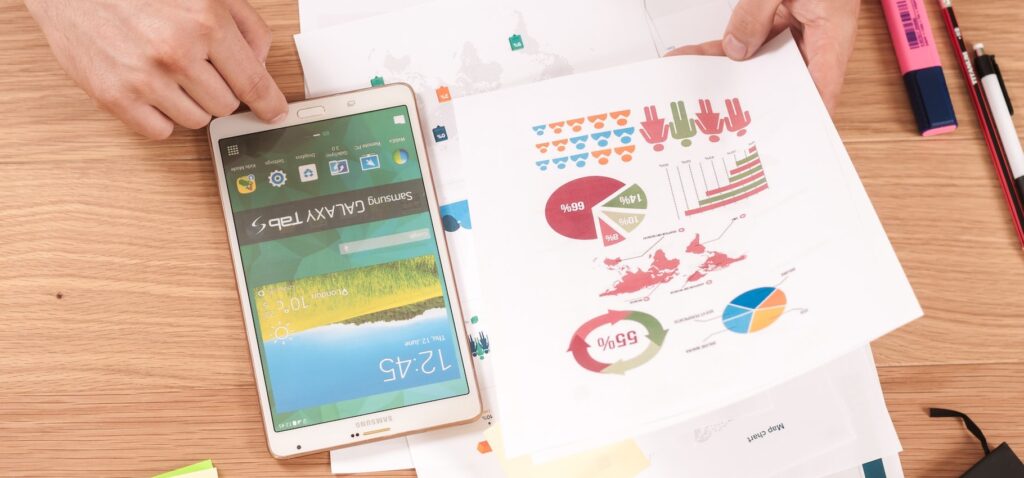
Tip #7 Save for Yearly Expenses
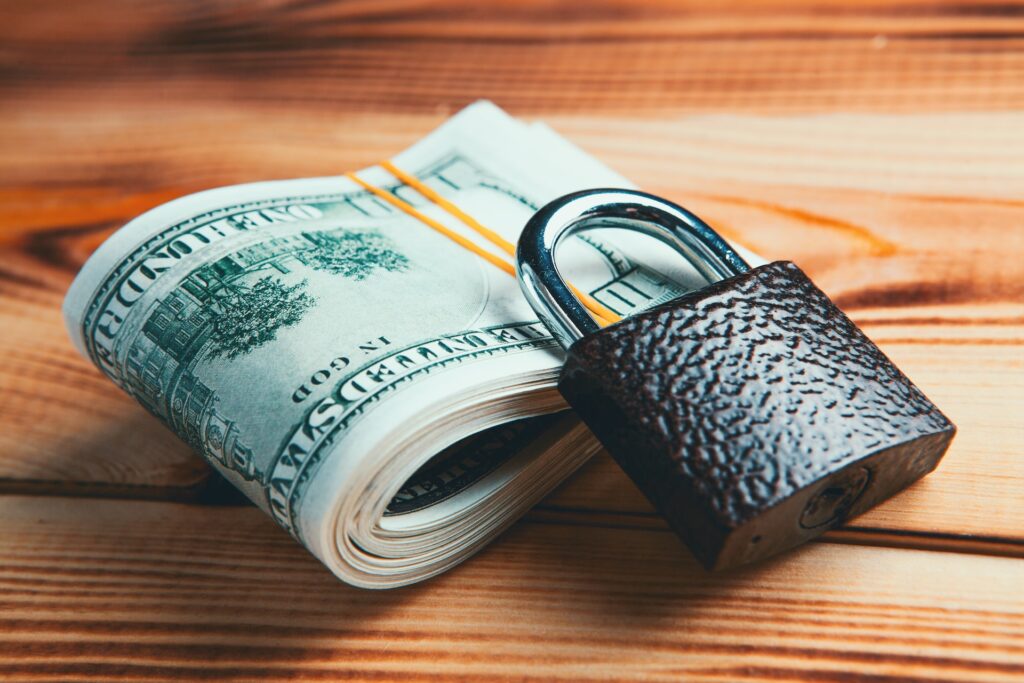
Property taxes, school fees, car maintenance, and road taxes are obligations we know are coming every year. Add up all these payments, divide them by 12, and set aside enough money each month to cover them.
Tip #8 Invest in Yourself
What I mean by investing in yourself is education; not new clothes, trainers, or LED TV.
Take an online course, increase your skill set, and do more exercise. With that, you could even begin a different career you had no inkling of at first.
Discover the potential of other possibilities. Do not settle for what you have. Prepare yourself for a fresh adventure and free yourself from your 9-to-5.

Tip #9 Create a Financial Plan

This is an important step. It is literally a written programme detailing how to achieve your financial ambitions, where you are right now, and where you wish to be in the next 5, 10, or 15 years.
It involves outlining a budget, tracking your expenses, as well as setting short- and long-term goals.
Remember to have detailed milestones. Use the SMART approach to understand your targets and have a sharp vision of how you can reach them.
“I want to get a lot of money to clear my debts and buy a new house,” is not an explicit goal. A precise objective is, “I will make £10,000 this year by selling shampoo online on Amazon to pay my £8,000 credit card debt.”
Start by assessing your economic situation and setting realistic goals. Following, create a budget ensuring you remain on track. Finally, review your strategy regularly to verify you stay tuned.
Tip #10 Invest
Google all the options out there and decide if this is the right moment. It will depend on your income, the country you live in, and your financial availability.
Educate yourself before investing in anything.
To be debt-free and reach financial freedom, be disciplined and organised with your plan and stay clear on where you are heading. It is just a matter of taking the first step towards the path of wealth.

Spend Less Money Than You Make. Period.
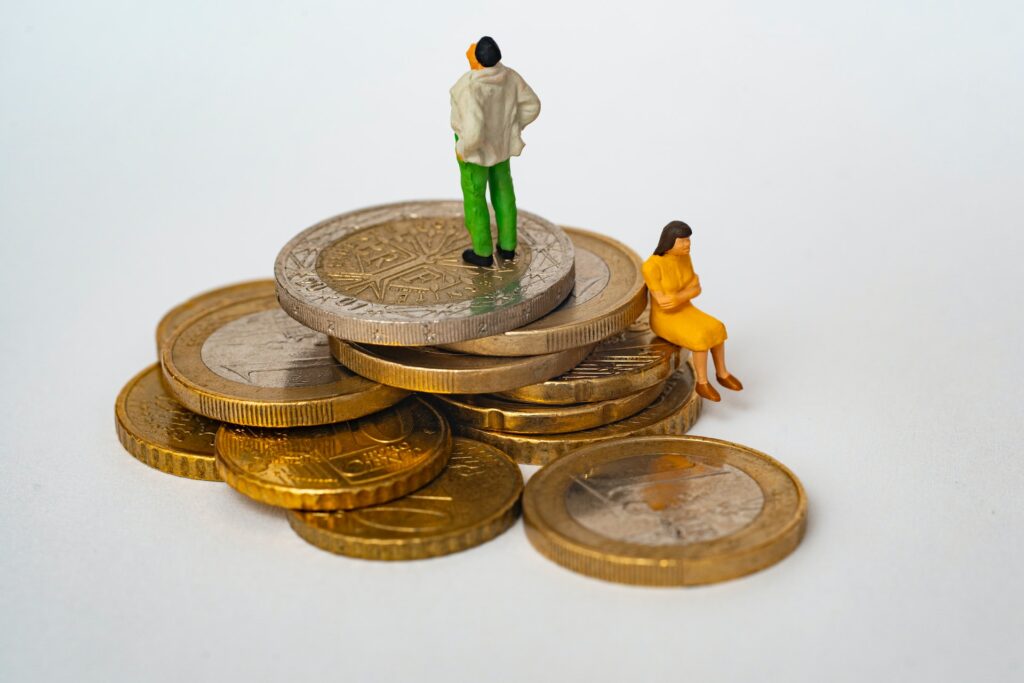
Please, don’t fall prey to those people on Instagram and Facebook showing off yachts, airplanes, beaches, and luxurious items. They own nothing. Their sole purpose is to gain followers, grow their accounts, get clients, and earn money.
Stop wondering what the Kardashians are doing, or what the royal family is saying about Harry and his memoirs. Is it helping you somehow? Unless you work for a news outlet or have a gossip website, please stop wasting your time.
If you simply want to continue living the life you have, ignore this article.
“Wearing Gucci can make you look rich, but your Gucci belt is making someone else rich. Make yourself rich before making everyone else rich.” Jaspreet Singh – Minority Mindset.



4 thoughts on “Personal Finance: 10 Tips to Become Debt Free”